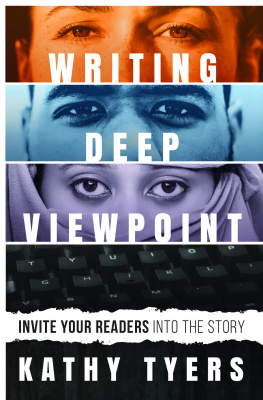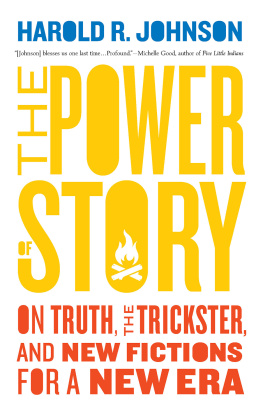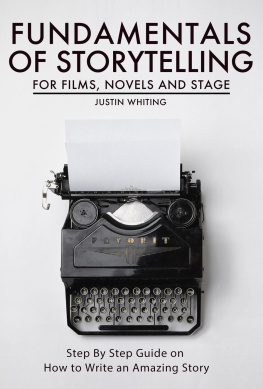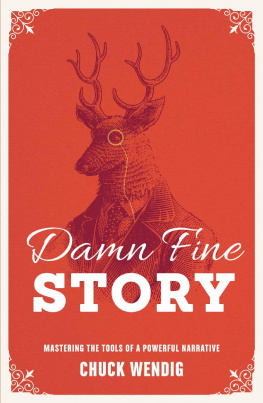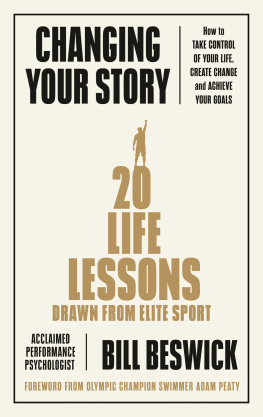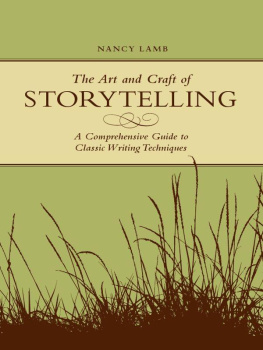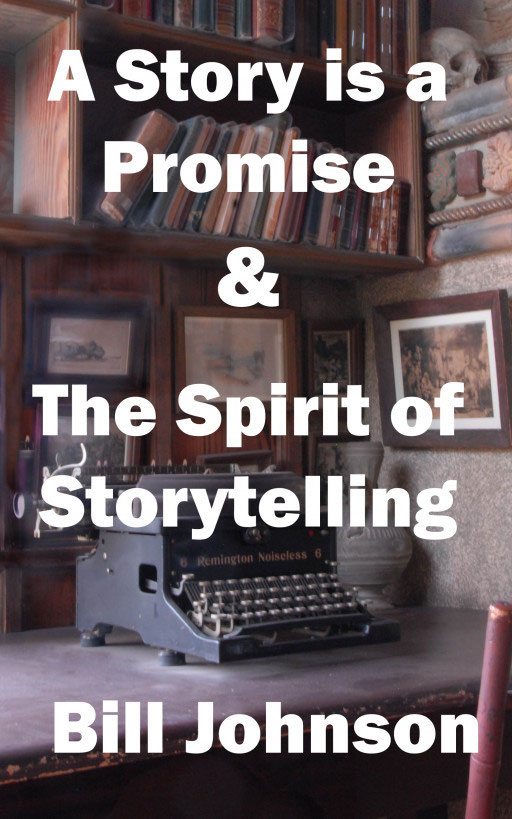This book is designed to guide writers toward a new understanding of the process of creating and writing dramatic stories.
Part One, A Story is a Promise, covers the mechanics of telling a story. I suggest Part One for new writers and writers who want to outline a new story or outline an existing manuscript.
The material in Part One is good for those writing genre and contemporary fiction.
Part Two, Deep Characterization, explores what happens when writers unconsciously use their stories to act how their personal drama. Part Two is good for writers who feel 'stuck' at a certain level or who have been told their main characters are too passive or minor characters more interesting than main characters.
Part Three, The Spirit of Storytelling, is about writing as exploration. It's good for those writing literary fiction.
I suggest each section be read independently.
Foreword
Twenty-eight years making short films had convinced me I was well prepared to write a screenplay or a novel. Id written, produced, and directed almost a hundred films for theatrical release, television, corporate presentations, documentaries, and education, receiving forty-four awards and a grant from the American Film Institute. Yet, as I struggled to write my first novel, I soon floundered and found myself lost in a maze without a map. What I hadnt grasped was how great the leap from a short film to a novel or feature length script.
I began to read everything I could find on writing novels and screenplays, nearly eighty books altogether. Each focused on pieces of the larger picture, not the whole. All were filtered through the authors own unique perspective, each different enough from the others to create confusion. They wrote as though the essential principals of dramatic writing were too vast for anyone to cover in a single book. However, a handful did come close enough to convince me it was possible. I also had this nagging feeling there was a higher level to storytelling that none of them were discussing, and I sensed that if I didnt understand that, I wasnt going anywhere.
One night in March, 1995, while searching the Writers Forum on AOL, I came across a series of postings that got my attention. They began, I would like to open a discussion into story movement, what it is, and how to create it. I read them all, then read them again. Nothing Id come across before had so clearly cut to the very essence of how to tell a story. Here was someone who understood that higher level for which I aspired and who knew how to teach it.
Though Id never met him, I offered my help as an editor. Perhaps I could be a sounding board for his ideas, someone to raise questions. I was pleasantly surprised when he responded to my email by accepting Though Id never met him, I offered my help as an editor. Perhaps I could be a sounding board for his ideas, someone to raise questions. I was pleasantly surprised when he responded to my email by accepting my offer. It was the start of a lasting friendship that began my own journey into the heart of storytelling. It would change my writing life forever.
Id read many a story but never fully understood what was behind the paint on the walls. It was clear that stories worked, but why did the writer choose a particular plot, or set of characters, or locale, or the individual words on the page for that matter? The beauty of what Bill does is contained in the series of steps he led me through, each building on the previous one, until I could see those principals in action in a story I was writing. He even taught me how to go about choosing the right dramatic wordsno small feat. For the first time, things began to make sense and my writing began to steadily improve.
As time went by, Bills personalized style of teaching was an inspiration. I was struck by the fact that this book was written in the same conversational style, one on one, as though Bill were talking to me, anticipating my questions, even raising issues that stimulated my thinking about the story I was writing, or one that I planned to write.
It was clear that from his years of teaching experience that he could anticipate the kinds of questions I might ask, and even anticipate why I asked them. I came to realize that Bill has a unique understanding of what a writer needs to know to become a storyteller and all of that is reflected in this book.
Now, whenever Im in the midst of writing a story and am uncertain about where its going or how to get there, this is the book I return to time and again for answers and inspiration.
Lawrence Booth
Founder, Half Moon Bay
Film School
Acknowledgements
This book owes a debt to
Lawrence Booth, founder of the Half Moon Bay Film School. His editorial assistance, probing questions, and friendship helped bring this book into being.
David Morgan, who introduced me to story analysis. David is a friend and mentor, and the countrys finest story analyst.
Tom Shaw, of Tom Shaw Productions, a filmmaker who generously helped others. Tom gave me a place to stay in his studio for a year to support the creation of the essays in this book. He was a true friend.
Bill Snowden, whose friendship and support helped give me direction.
Elizabeth Lyon, a wonderful friend who introduced the ideas in this book to many people and has been a long-time sounding board.
Table of Contents
Designing the Elements of Your Stories
Chapter Fourteen, What Is Conflict?
Chapter Fifteen, Escalating Your Story's Conflict
Chapter Sixteen, The Relationship Between Stories and Ideas
Chapter Seventeen, Thrust and Counter-thrust
Chapter Eighteen, Writing Dramatic Dialogue
Section Three
Chapter Nineteen, Story Line/Plot Line
Chapter Twenty, Writing Down a Story's Spine
Chapter Twenty-One, Using Story Director
Section Four Reviews of Popular Stories
Using the Reviews
Chapter Twenty-Three, Using Families in Storytelling
Chapter Twenty-Four, Developing and Sustaining Suspense
Chapter Twenty-Five, The Power and Passion of Love & Hate
Chapter Twenty-Six, The Art of Creating Drama
Chapter Twenty-Seven, Story As Physical Journey
Chapter Twenty-Eight, Opening a Novel with an Unusual Point of View

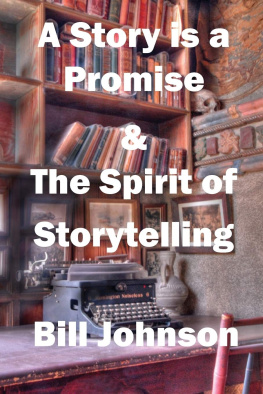
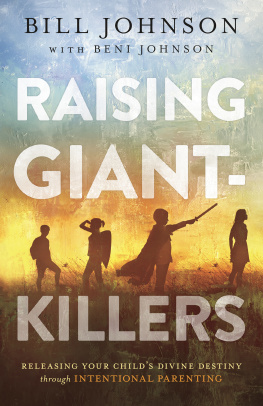
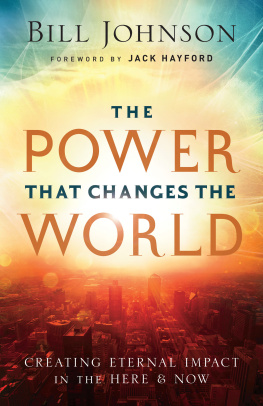
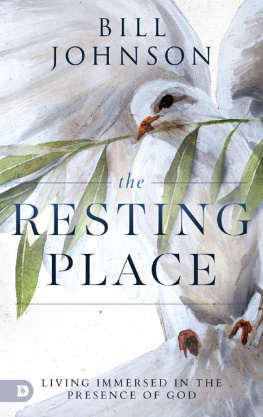

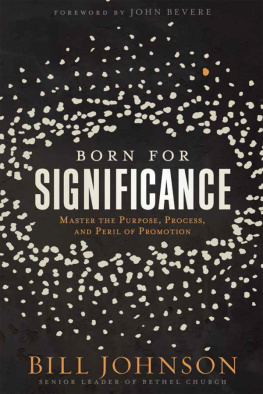
![Bill Pronzini - Sleuths [short story collection]](/uploads/posts/book/922610/thumbs/bill-pronzini-sleuths-short-story-collection.jpg)
